Not too cool for words
Dunedin-bred singer-songwriter Shayne Carter has just added author to his list of artistic accomplishments with his recently published memoir Dead People I Have Known. He has recently appeared at several writers' events around the country to coincide with the book's launch. Here are snippets from Shayne Carter's conversation with WORD Christchurch Literary Director and writer Rachael King at his sold-out session at the Christchurch Art Gallery, interspersed with insights from his appearance at the Dunedin Readers and Writers Festival. Both sessions nicely coincided with New Zealand Music Month in May.
Shayne Carter's memoir Dead People I Have Known (Victoria University Press) covers his time growing up in Dunedin and the journey of his musical career. The blurb on the book promises to bring the reader “behind the scenes and songs of his riotous teenage bands Bored Games and the Doublehappys, his best-known bands Straitjacket Fits and Dimmer" intertwined with his experience of the so-called 'Dunedin Sound' and the Flying Nun record label. This much we expect. But it's not just your classic rock-bio. "As well as the pop culture of the seventies, eighties and nineties, Carter writes candidly of the bleak and violent cultural landscape of Dunedin."
The title of his book is confronting. Aged just 55, Carter's been on close terms with far too many people who have died, often tragically. Yet Rachael King says his memoir manages to mix wry humour with tragedy.
Shayne talked to Rachael about his writing process and some of the stories and themes in his book.
On writing
Rachael King: "It must be uncomfortable talking about yourself when you are a guarded person generally, so why write now?"
Shayne: “I am quite private but I’ve always wanted to write something. I was a journalist when I was younger and even as a songwriter you’re always writing words. I thought ‘I have a story to tell.’”
Carter has been praised for writing such an accomplished book for a first-time author. However, he says he had no plan for what he was going to write. He was holed up in isolated Aramoana “with virtually no cell or internet access so plenty of time to concentrate on writing.” But he says: "It was like trying to pass a fridge – it was quite hard." By his own admission, his first drafts weren’t great. He thought his initial attempts at writing were “too self-conscious and try-hard,” with flowery passages that went nowhere. But he says: “When you fail, it teaches you what you can do.” From his music recording work he learnt in the practise room to live the mantra:
“Don’t be afraid and don’t be afraid to suck hard.”
He realised he couldn’t “hear himself” in his early drafts but eventually found his voice in more spare writing. “But that’s the kind of writing and music I like. I’m not into over embellishment” he says, adding, “my writing is not lyrical.” At this point Rachael King had to disagree and in fact complimented him on his lyricism in the book. Shayne conceded: “The lines I write in the book were about the length of a lyric. Writing lyrics makes you aware of how words bounce and flow and of rhythm.”
Rachael King noted how his 'spare' writing style left something out for the reader to inhabit. Shayne says: “It’s the same with music, you insinuate at something and credit the reader with intelligence. If you’re too specific, it leaves no room for the reader to invest themselves.” Perhaps for this reason, people have been telling him that they can relate to different aspects of his story.
An impolite book
Carter says it was initially the softly-spoken essayist and poet Ashleigh Young who actually encouraged him to write "an impolite book." She would become the editor for his book, and whilst not heavy-handed, she ended up challenging him on perhaps being too impolite. “Writing in Aramoana miles away from anything, I was cavalier. Then I was horrified when it was printed that people are going to read it.” He says he both laughed and cringed at himself. But with the book he wanted it to be "warts-and-all" and "to show what it is like being an artist in this country" (for example, the financial struggles). “I wanted to write an anti-academic book that was visceral and really got to the down and dirty." He wanted to give voice to the working class and the acts of everyday heroism that don’t usually get acknowledged. He says that while he wrote 'cheekily' at times, he wanted to write from the underbelly of something. And he says, "I wanted to write with compassion, with acceptance of weaknesses and shortcomings as part of being human."
Shayne says that when he's writing music he likes to keep the unpolished bits in. "The kinks are what make the song interesting," he says. Perhaps the same can be said about his life and his retelling of it.
Compassionate truth
Writer and historian Michael King, biographer of Janet Frame, talks about the notion of "compassionate truth" - how to be fair to other people while still being honest. Rachael King asked how this concept fits for Shayne. Yes, he says, "writing the book increased my compassion." Also: "Writing became a form of therapy - with a forensic examination of your life things become more apparent and you understand motivations - yours and others ...but ultimately I can't assume or know other people's motivations."
He wanted to retain people's dignity. There's a fine line and a fine art to writing about your life when it intersects with someone else's. Memories can be a hazy and subjective thing and in places his recollections reflect this by being impressionistic rather than exact. He focuses on his own foibles and failings, like regrettable alcohol-fuelled behaviour.
The energy of places and people
Rachael introduced Shayne's autobiography as a nostalgia trip for those who grew up in New Zealand in the 70s and 80s - right down to the smell of granulated Nescafé coffee. Deeper than that, she said the memoir conveys the boredom and violence that percolated in Dunedin in the 70s and 80s too, a cold city at the bottom of the Earth. Shayne looks back on these dark times and said "while Dunedin has a liberal side with its university, there’s also a very conservative side where people were rough as guts. There’s a hardness to our history in New Zealand." His editor Ashleigh Young said that after she read the draft memoir her first observation to Shayne was: “You get whacked in the head a lot” - either from being bullied at school or hit by random people on the street. He dared to tell his audience that he feels Christchurch has a dark energy to it too. (Shayne was actually born in Christchurch after his young parents ran away from Dunedin to give birth to him).
After writing for a year and half, one of the first people Shayne sought advice from was his friend, writer and editor Steve Braunias. The two have a mutually supportive relationship. Shayne recently taught Steve how to drive after only learning as an adult late in life himself. In turn, Steve gave him feedback on his early drafts. Steve also chaired a conversation with Shayne at the Dunedin Readers & Writers Festival (9 May). There, Braunias described him as "a lifelong misfit."
“I love Shayne, but..." said Braunias with a qualifier, there's a fear Shayne has inspired in many people "during his long reign as the sneering king of New Zealand rock music." He says he is cutting, honest and speaks his mind and that his book is both fragile and abrasive. Carter's actually comfortable being in a community of outsiders and colourful people. Shayne says: "In New Zealand we can be retiring. New Zealand has a culture of not sticking your head above the parapet and of being afraid to be difficult."
Despite any vibe of abrasiveness Shayne gives off, Steve Braunias suggested that Dead People I Have Known was actually a book about love – love of music, of his mates, his parents and partners. With love, comes heartbreak. "There is heartbreak in his life's story," Steve said. "Heartbreak is a part of life. It's one of the strongest feeling you can get probably second to death as far as grief goes," replied Shayne. As for his parents, who have both passed away, Shayne says his mum was feisty and describes his dad as “a rocker, a chancer, a wanderer, someone a bit broken… a curious mix of shy and loud." Steve said these same characteristics are apparent in the son.
Rachael King's conversation with Shayne about family skeletons included some debate on whether we carry the shame of our family with us in this day and age as much as generations in the past did. A quick show of hands found the audience was divided on this, but Carter certainly feels so.
Writing inspirations
Shayne says he didn’t read a bunch of rock memoirs in preparation for writing his own one, as people might expect. The work that he delved into during his writing period was mostly from New Zealand authors, such as Brian Turner, Robin Hyde and Janet Frame, writing about what they made of growing up and living in this country. Carter says he can relate to Turner's writing about the working-class and being part-Māori. Further afield from New Zealand, he rates writer Richard Ford’s Between Them: Remembering My Parents as being “simple, direct and beautifully rendered.”
As for music writing, Carter admires The New Yorker critic and classical music reviewer Alex Ross and was impressed with his book The Rest is Noise: Listening to the Twentieth Century. Carter says Ross' writing on music "is as inspiring as the music he writes about." He also recommends Peter Guralnick's books on Elvis.
On being a rock musician
Writer Rachael King has extra credentials for interviewing Shayne Carter, as a former musician herself. She recalled her band Cake Kitchen sharing a stage on tour with Straitjacket Fits in the late 80s/early 90s. Shayne has said he’s talked about his band stuff and rock-and-roll stuff so much over the years that he’s bored talking about it. In fact, he says not that long ago he burnt his "boring" diaries from those days and didn't refer back to them in the process of writing his book.
He does however write about what he thinks makes a rock star: “It’s an essence or quality that you can’t contrive. To have power behind the music and to have your say is very powerful.” In his book, he conveys the feeling of what it is to be in a rock band: "It’s like having a superpower shooting through your fingers. When you rock, that’s the best feeling in the world." He seeks an ecstasy. "Even when I play music that’s what I aspire to – a transcendent space and a connection to the other, a connection to the mystical and the magic – I can feel the energy and the two meet up. And there’s the power of your music to convey what you can’t otherwise." He hopes his music resonates and connects with others. He says that when he mentors students he tells them "playing music is a noble thing to do because it uplifts the spirit and it makes people feel better." He says it's a priceless gift to people that is undervalued.
Music as time travel
Rachael talked about music as being a form time travel. Shayne got his love of music from his parents, both musicians, and so he reckons he was born to play. He remembers as a youngster his mother was really into Leonard Cohen and that it was the first music he heard that didn’t sound like music that was on the radio. Hearing this music around the age of 6 and 7 he could tell then that it carried some kind of gravitas (he would later record a cover version of Cohen's So Long Marianne). He says he actually loves all forms of music, even if he did tell his mum when he was young that he'd only ever listen to punk!
Carter's autobiography was published at the same time as the release of the compelling documentary about The Chills: The Tragedy and Triumph of Martin Phillipps. Both stories explore the frailty of a frontman and put a spotlight on pivotal people from a particular period in Dunedin music history. Another companion to this time period is Flying Nun's Roger Shepherd's recent memoir In Love with These Times.
Multi-dimensional memoir
At a substantive 400 pages, there's a plethora of high quality colour photographs and ephemera included in Carter's autobiography. In some ways the memoir is a multimedia experience, suggested Rachael King, because it makes you want to go and watch or hear the things Shayne mentions in his book (Things such as his mother Erica Miller's late-in-life first album entitled Reconsidered. Or the appearance of his dad in his Dimmer video for the song Evolution.) Aside from music, another of Shayne's loves since childhood has been sports - from harness racing, to wrestling and football. He would geekily read all about racing as a kid and fulfilled a childhood dream of being a trotter by recording a music video for Dimmer's I Believe You are a Star that features him racing on the Alexandra Park trotting track. He finds sports a reprieve from music. With footy, he enjoys the camaraderie of playing in a team, which he likens to playing in a band.
The only thing missing from a session with Shayne Carter is extra time. Despite any reticence talking about himself, or perhaps because of it, he's intriguing to hear from. There is a lot covered in his autobiography, which makes a one hour conversation a tease for more. In that time, Rachael King asked questions not many other interviewers have been asking him.
Local boy done good
After questions wrapped up, a long line formed for the book singing and it was touching that the people waiting to see him included one of Shayne’s old high school teachers as well as an elderly woman who was his neighbour growing up in Dunedin. He's their local boy done good. Carter says that living as a full-time artist the trade-off might be not being able to afford some material things but says he has built up a body of work over a lifetime that he is proud of, a legacy that he knows will live on beyond him.
More
Shayne Carter appeared as part of the WORD Christchurch Autumn Season on the 25th May in a sold-out session at the Christchurch Art Gallery. Don't miss out next time. Sign up to hear about future WORD Christchurch events.
There are some recent interviews and reviews worth checking out that delve into the content of Carter's memoir.
- Kim Hill's interview on RNZ
- Steve Braunias on Shayne Carter's rock confessional
- Listen to a podcast of Carter's book talk at the Dunedin Readers & Writer's Festival
Browse more memoirs and history that cover Dunedin music.
Visit our page on the WORD Christchurch Autumn Season.


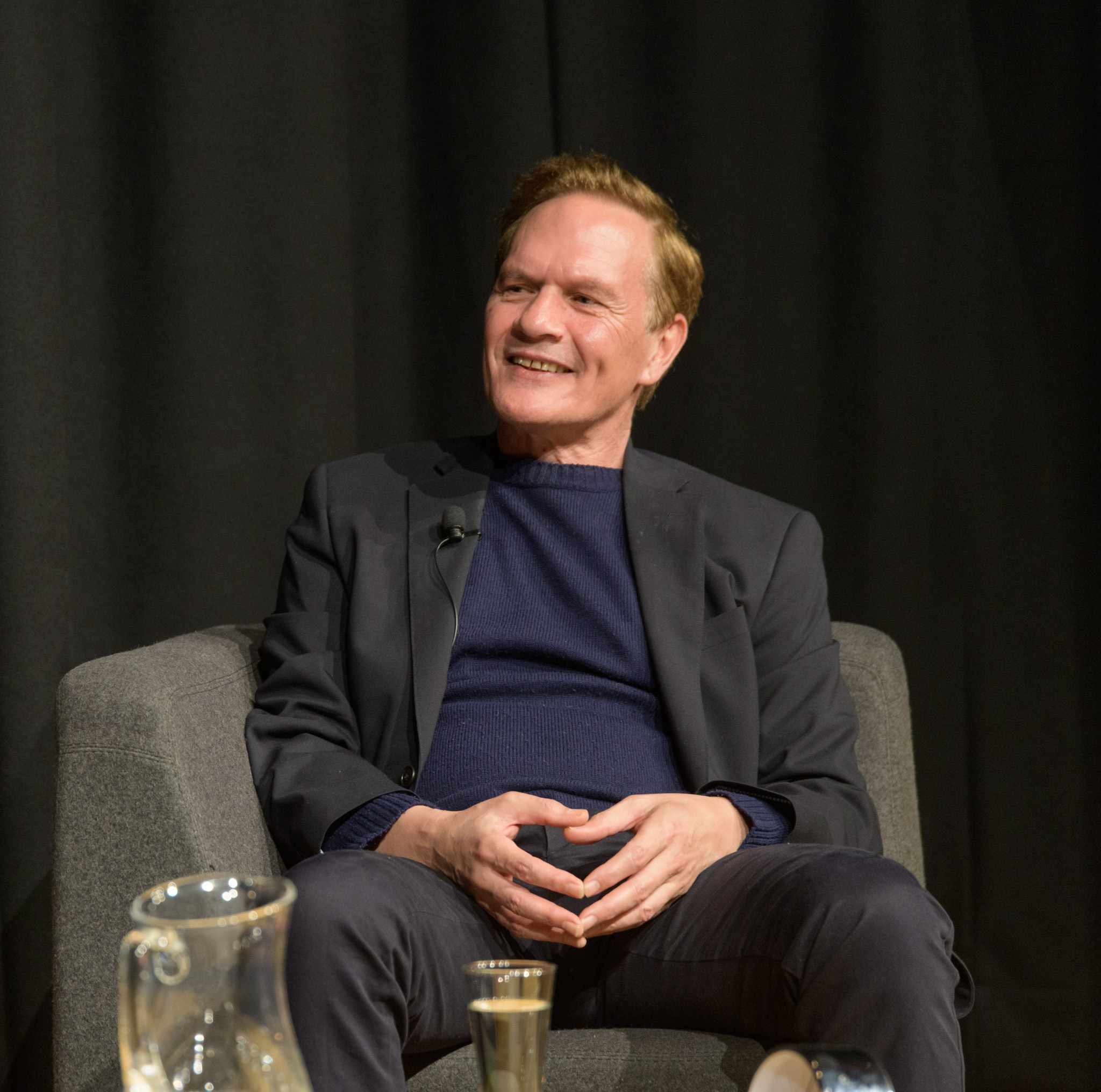
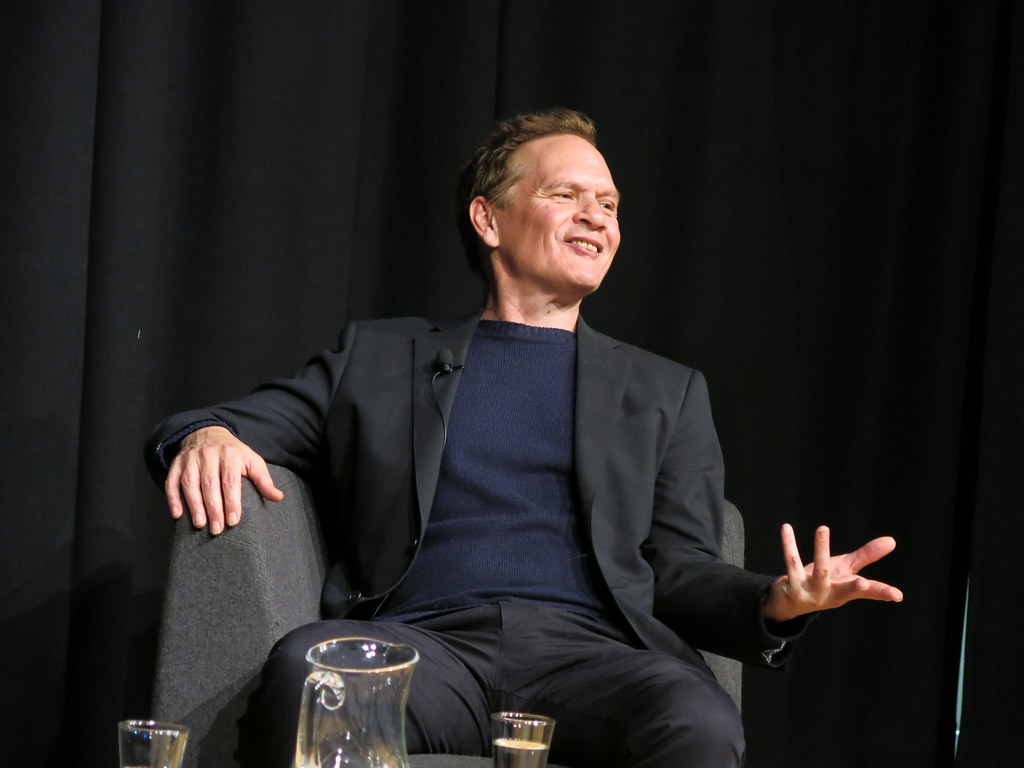

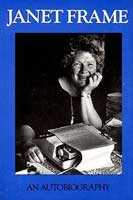
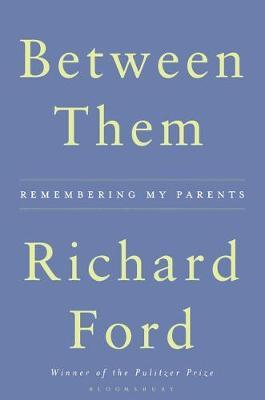
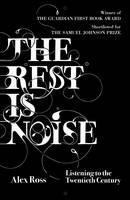
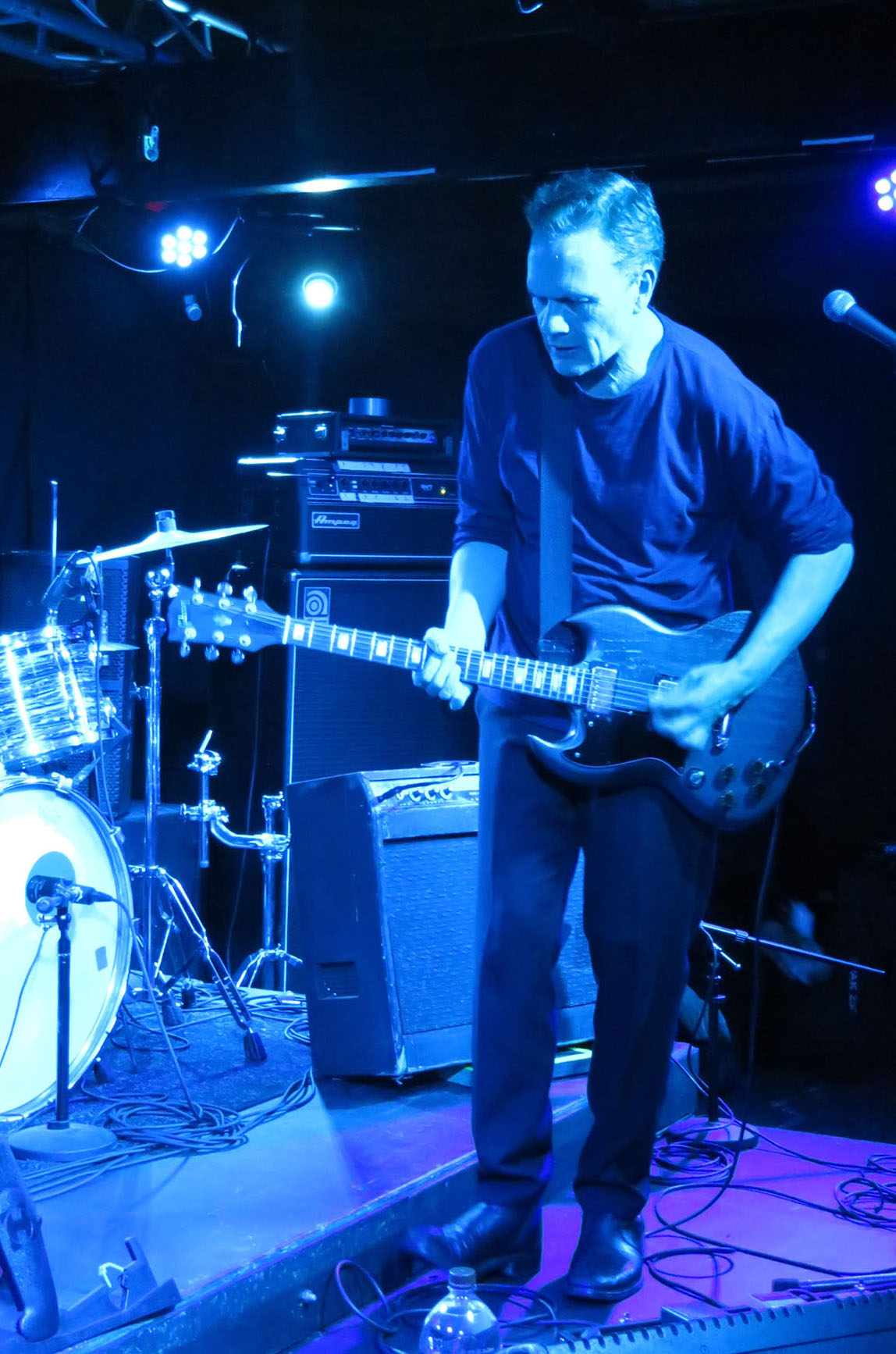
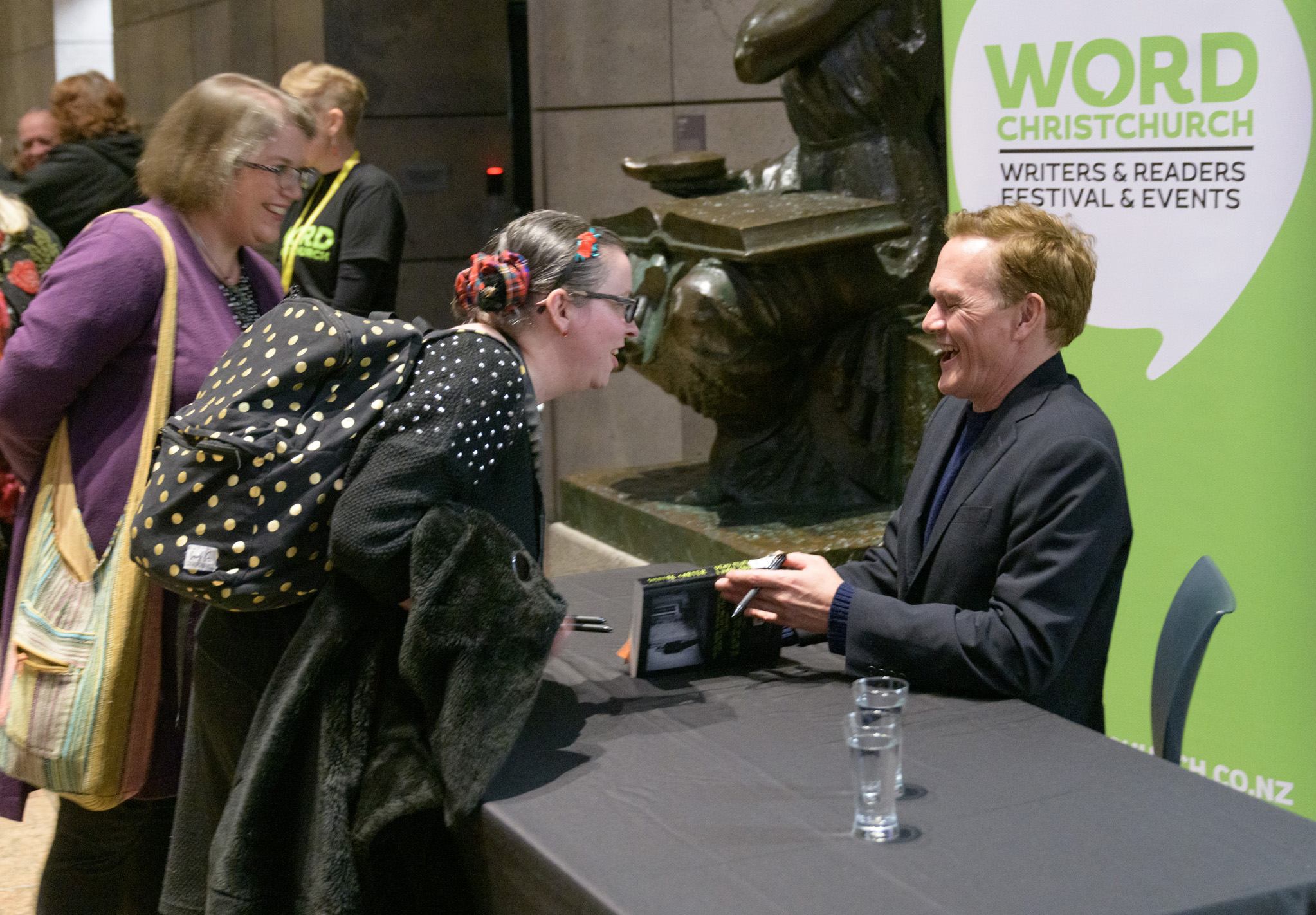


Add a comment to: Shayne Carter on his new memoir – WORD Christchurch Autumn Season 2019